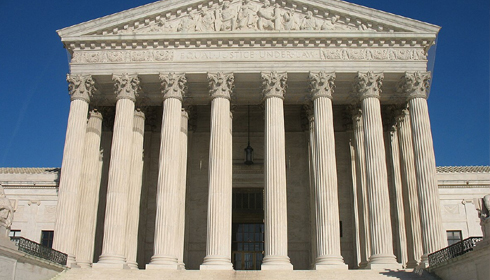
Roe v. Wade Ruling Sparking Mental Health Crisis: Survey
The United States Supreme Court's 2022 decision to overturn Roe v. Wade, allowing states to ban or restrict abortion, has significantly impacted the mental health of women of reproductive age, especially in areas where abortion is now illegal. A recent study published in *Contemporary Economic Policy* throws light on the emotional cost of this policy shift, indicating increased anxiety among affected people.
The United States Census Bureau, in partnership with government agencies, conducts a comprehensive monthly online poll known as the Household Pulse poll, which researchers examined. The researchers analyzed responses from 126,834 adults in the United States and the District of Columbia from January to September 2022, a period that coincided with the aftermath of the court verdict. The findings reveal a significant disparity in mental health outcomes between women in states that restrict abortion access and those that uphold abortion rights.
The study reveals a concerning trend: women of reproductive age, especially those with young children, reported higher levels of anxiety in states that imposed abortion bans post-ruling. These women reported more mental distress than older women in the same states and their counterparts in states with identical abortion regulations.
"The survey data shows just how strongly people feel about abortion policies," said Dr. J. Michael Collins, a research author from the University of Wisconsin-Madison. He emphasized the surprising intensity of emotional responses related to state-level constraints. Meanwhile, his co-author, Dr. Vivekananda Das of the University of Utah, emphasized that their impact on younger women is due to their keen understanding of policy changes and their potential repercussions. "This awareness can take a toll on their mental health," Das told me.
The data also show a significant gender discrepancy in how people perceive and react to abortion policy changes. When abortion became illegal in their jurisdictions, younger males, particularly white men and those without children, reported fewer anxiety symptoms. This discrepancy shows that cultural attitudes toward reproductive rights—and the responsibilities that come with them—may impact these disparate mental health outcomes.
Aside from the individual consequences, the study highlights larger questions about public health and socioeconomic equality. Anxiety and other mental health issues can have long-term consequences, such as decreased employment productivity, damaged familial connections, and an increased demand on healthcare systems. For mothers with young children, the increased stress may exacerbate already difficult issues in managing caregiving responsibilities and personal well-being.
The study's findings come as discussions over abortion rights continue to divide the country. While some governments have implemented broad prohibitions, others have strengthened protections for reproductive autonomy. The patchwork character of these rules exposes millions of women to the psychological consequences of living in restrictive regimes.
As Dr. Das points out, these mental health inequities are more than just individual anxiety. They highlight the substantial societal repercussions of a legal system that differs greatly between states. Addressing these concerns may necessitate not just policy changes but also enhanced mental health care for those most affected.
The Supreme Court decision has changed the fabric of reproductive rights in America, but as this study reveals, the long-term repercussions on mental health, particularly among young women, are only now becoming clear.